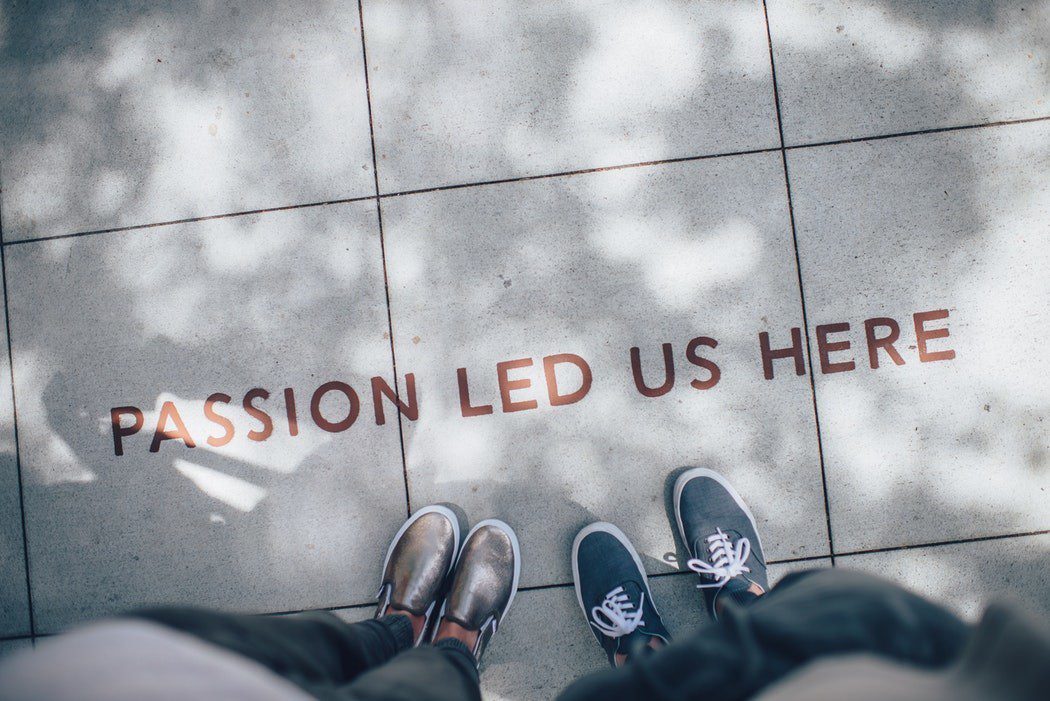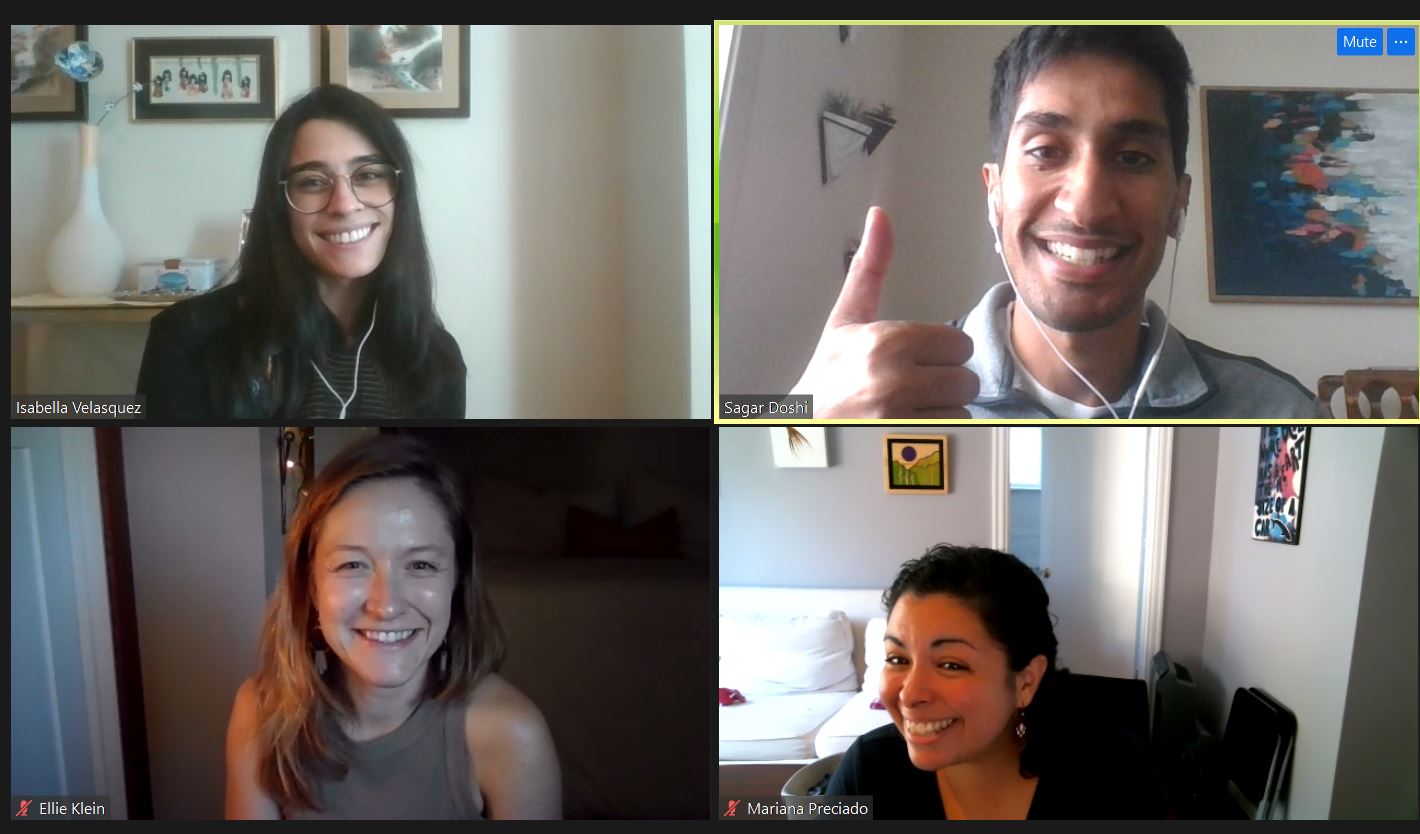CRB Supports Young Leaders: Spotlight on Give Something Back Scholarship Recipient Kiron Chandy
 Kiron Chandy, Give Something Back 2012-2013 Recipient, Haas Undergraduate ‘14, shares her thoughts and insights on CRB. She explores some key questions, including:
Kiron Chandy, Give Something Back 2012-2013 Recipient, Haas Undergraduate ‘14, shares her thoughts and insights on CRB. She explores some key questions, including:
How has CRB inspired you? How do you see incorporating CSR into your studies and career? What classes or events have impacted you and how?
The zeitgeist of the past few years has been characterized by public distrust in business. Jaded by news of freewheeling business practices and the subprime mortgage crisis, the public and the media herald one popular belief—that companies exist only for self-gain, to maximize profits. However, I have noticed there is a clear disconnect between the rhetoric used by the public to describe business and that used by CRB and instructors at Haas.
As a student at Haas, I have been privileged to take classes where instructors have emphasized the need for joint-value creation for multiple stakeholders in business. This has been a recurring theme in classes like Marketing, the Social, Political & Ethical Environment of Business and Negotiations & Conflict Resolution.
Give Something Back
As the 2012-2013 recipient of the Give Something Back Scholarship, I am thankful to have had the opportunity to learn more about CRB. I am heartened that such an institution exists to start conversations among students and practitioners about what responsible business means
I believe corporate responsibility encapsulates the core mission of a company much better than mere profit maximization: to profitably create value for consumers and to serve society with its stakeholders in mind, be they customers, employees, communities, or investors. Corporate responsibility is a challenge to companies to redefine what it means to conduct business, to radically change the perception of business as an institution of greed. Corporate responsibility is an invitation to embrace the idea of business as a medium to better society.
From Theory to Practice
I am sure many institutions build on this idealistic vision of business, but the question lingers: why is there a disparity between theory and general practice? Why is the image of business in the public eye much more dismal? Most importantly, what can be done differently to create better, more responsible companies?
These questions highlight the need for experiential learning to build the bridge from values-centric theory to value-driven practice. It facilitates learning, augments interest in the subject itself, sparks creativity, and cements insights in a way that rote book learning cannot.
Experimental Learning at CRB
CRB squarely addresses the need for experiential learning by offering the course Strategic CSR and Consulting Projects. Ideally, more courses like these are needed to inspire students to action.
You don’t start becoming a leader after you graduate college. You’re always in the process of growing as one. I am taking Professor Mulhern’s course on Everyday Leadership which further develops these actionable insights and pushes students to undertake leadership ventures in collaboration with their classmates.
Making a Difference: Consult Your Community
Everyday Leadership was the wellspring from which Consult Your Community (CYC) at Berkeley was born, a club I am currently co-founding with Haas senior Michael Bloch who spearheaded the idea and a few of my fellow classmates. CYC is a student-run group that provides pro bono consulting services to low-income, small business owners in the Berkeley area. We aim to help these local business owners so that they can grow, strengthen, and sustain their companies, which in turn will provide tangible, lasting benefits for our community at large. CYC is currently in the works of also being made into a class that can be offered next year.
In starting this venture, I am inspired by CRB’s action-oriented mantra of learning a new way of conducting business, connecting with business innovators, and leading an enterprise that we hope can be replicated at schools nationwide.
Moving into Action
If we aspire for change, as citizens we must individually recognize our civic obligation to give back to our communities, and as scholars use our collective intelligence to address and solve societal problems. It isn’t enough to question, reflect, and think: we must act.



